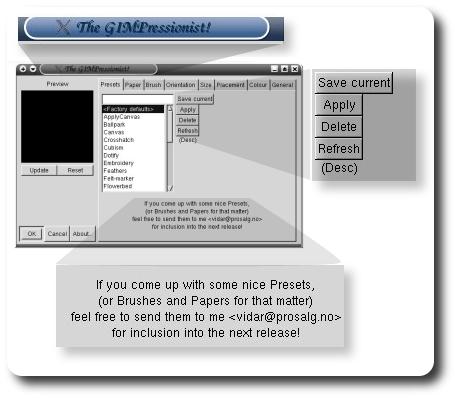 Throughout the past few months, as Palm users began to migrate elsewhere, there have been talks about embracing the open-source community (i.e. Linux) and placing special emphasis on inter-operability. Many Mac users, in fact, have chosen Palm, their reasons being obvious. When one gets to think about this trend, Apple followed a similar path when Mac OS X was introduced. An alliance, in some sense, appears to be the best way to tackle giants and benefit from each other’s strengths. As an example, the wonderful design of the Macs, in particular their user interface, made Jaguar one of the most appealing and the most reliable ‘Linux distributions’. Also it made it commonplace in the market of laptops.
Throughout the past few months, as Palm users began to migrate elsewhere, there have been talks about embracing the open-source community (i.e. Linux) and placing special emphasis on inter-operability. Many Mac users, in fact, have chosen Palm, their reasons being obvious. When one gets to think about this trend, Apple followed a similar path when Mac OS X was introduced. An alliance, in some sense, appears to be the best way to tackle giants and benefit from each other’s strengths. As an example, the wonderful design of the Macs, in particular their user interface, made Jaguar one of the most appealing and the most reliable ‘Linux distributions’. Also it made it commonplace in the market of laptops.
Let us hope that likewise, we may soon see Linux in our pockets and our schedules under Linux — something which was miserably lacked despite Linux-Palm projects like KPilot.
CNET have have just reported that Palm pursue this possibility further:
PalmSource moved a little closer to the open-source community this week.
The maker of the Palm OS has joined the Consumer Electronics Linux Forum, or CELF, pushing ahead with its plans for a version of the Palm OS that runs on top of Linux.
Cited by: PalmAddict







 Filed under:
Filed under: 

 hat follows is a succinct comparison between dominant desktop environments/window managers for Linux. It is based on personal experience with
hat follows is a succinct comparison between dominant desktop environments/window managers for Linux. It is based on personal experience with 
 he
he 
 Throughout the past few months, as Palm users began to migrate elsewhere, there have been talks about embracing the open-source community (i.e. Linux) and placing special emphasis on inter-operability. Many Mac users, in fact, have chosen Palm, their reasons being obvious. When one gets to think about this trend, Apple followed a similar path when
Throughout the past few months, as Palm users began to migrate elsewhere, there have been talks about embracing the open-source community (i.e. Linux) and placing special emphasis on inter-operability. Many Mac users, in fact, have chosen Palm, their reasons being obvious. When one gets to think about this trend, Apple followed a similar path when 

